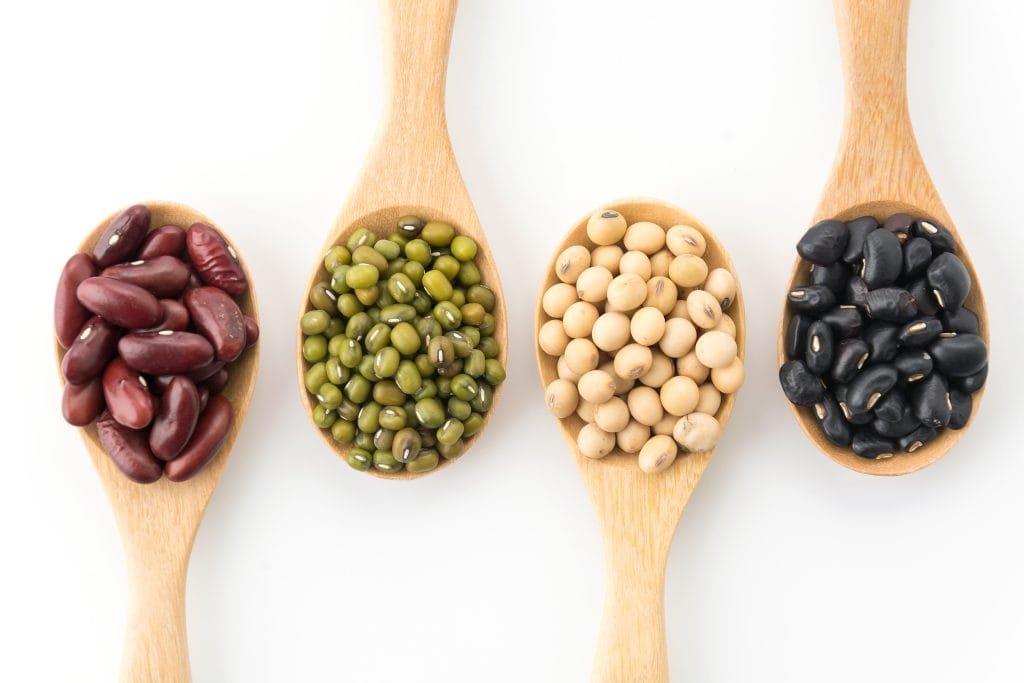Cardiac Care, Lifestyle Changes

Adopting a heart-healthy diet is a cornerstone of maintaining optimal cardiovascular well-being and reducing the risk of heart disease. A diet rich in nutrient-dense foods supports heart function, manages cholesterol levels, and promotes overall health. Here are key principles to consider when following a heart-healthy diet:
Prioritise whole, unprocessed foods such as fruits, vegetables, whole grains, lean proteins, and healthy fats. These delicious foods are naturally rich in vitamins and minerals that play vital roles in heart health, such as potassium for blood pressure regulation and magnesium for maintaining a healthy heart rhythm. The dietary fibre abundant in these foods not only aids digestion but also helps manage blood sugar levels and supports a healthy weight, reducing the risk of obesity and related heart issues. By embracing these wholesome options, you provide your body with the essential nutrients it needs to support cardiovascular well-being and overall vitality.
Including a vibrant array of colourful fruits and vegetables in your diet is a flavorful strategy to bolster your heart health. The vibrant hues of these foods are indicative of the potent antioxidants they contain, which play a crucial role in protecting your cardiovascular system.
Berries, such as blueberries, strawberries, and raspberries, are not only delightful to the palate but are also rich in anthocyanins and other antioxidants. These compounds help combat inflammation and oxidative stress, both of which contribute to the development of heart disease. Leafy greens, like spinach, kale, and Swiss chard, are nutritional powerhouses. Their deep green colour signifies high levels of vitamins, minerals, and antioxidants, including vitamin K and folate. These nutrients aid in maintaining healthy blood pressure levels, promoting proper blood clotting, and supporting overall heart function.
Tomatoes owe their red colour to the antioxidant lycopene, which has been linked to a reduced risk of heart disease. Lycopene contributes to the maintenance of blood vessel health and has demonstrated potential in reducing cholesterol levels and blood pressure.
By opting for a diverse range of colours, you’re ensuring a well-rounded intake of nutrients that combat inflammation and oxidative stress, both of which are integral to maintaining a healthy heart.
Poultry offers a lean and versatile protein option. Skinless chicken and turkey are excellent sources of high-quality protein without the added saturated fat found in their skin. These lean cuts provide essential amino acids that promote muscle health and contribute to overall bodily functions.
Fish, especially fatty fish like salmon, mackerel, and trout, stands out as an exceptional choice. These fish are rich in omega-3 fatty acids, which have remarkable heart-protective benefits. Omega-3s help reduce inflammation, improve blood vessel function, and lower triglyceride levels—critical factors in cardiovascular health.
Beans and Legumes are plant-based protein powerhouses that offer a dual benefit: they provide protein while being low in saturated fat. Lentils, chickpeas, black beans, and kidney beans are just a few examples of legumes that not only contribute to heart health but also deliver dietary fibre that aids in managing cholesterol levels and blood sugar.

By incorporating these lean protein alternatives into your diet, you’re not only satisfying your body’s need for protein but also minimising the intake of saturated fat that can contribute to heart disease.
Remember that a heart-healthy diet is not just about what you exclude; it’s about embracing a variety of wholesome foods that nourish your body and promote lifelong well-being.